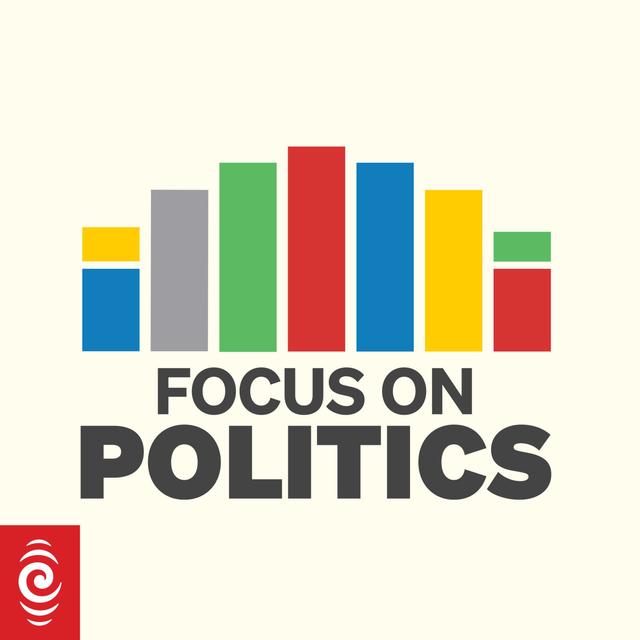
Parties navigate fresh tax debate ahead of 'no frills' Budget
Episode description
Expectations are being kept very low for the 18 May Budget, so any surprises can have maximum political impact. With a tight election looming, Labour will want to offer a proverbial carrot to voters - and could yet campaign on changes to the tax system after that milestone. But staring down the unavoidable cost of recovering from Cyclone Gabrielle and tackling rising living costs, leader Chris Hipkins is touting this year's spend as "no frills" with a sharp focus on infrastructure. In this week's Focus on Politics, Political Editor Jane Patterson examines the impetus and politics behind renewed calls for major tax changes.
Chris Hipkins, David Parker and Christopher Luxon have been grappling with the findings of the IRD's tax report.
"When you're looking at potential changes to the tax system ... you have to have a mandate" - Chris Hipkins
Expectations are being kept very low for the 18 May Budget, so any surprises can have maximum political impact.
With a tight election looming, Labour will want to offer a proverbial carrot to voters - and could yet campaign on changes to the tax system after that milestone.
But staring down the unavoidable cost of recovering from Cyclone Gabrielle and tackling rising living costs, leader Chris Hipkins is touting this year's spend as "no frills" with a sharp focus on infrastructure.
Listen to the full podcast
Tax is fundamental to New Zealanders' lives - affecting people's and businesses earnings, and how much the government can spend on their behalf - and can dramatically impact equality across social strata.
Most New Zealanders' tax burden is relatively easy to define through income taxes - Pay As You Earn (PAYE) - but wages make up a relatively small portion of earnings for the richest New Zealanders, who also earn through property, business, and investments.
In 2020, Revenue Minister David Parker changed the law in 2020 to allow the department to track down earnings information from New Zealand's 311 richest families. Between them they have a collective wealth of $85 billion, and much of that - 67 percent - is tied up in trusts.
Revenue Minister David Parker made a speech highlighting inequity at the release of the IRD report and an accompanying one by Treasury on Wednesday.
The resulting report from Inland Revenue on Wednesday has one major message: the wealthiest New Zealanders pay effective tax of 9.4 percent on earnings, compared to the 20.2 percent of middle New Zealand…